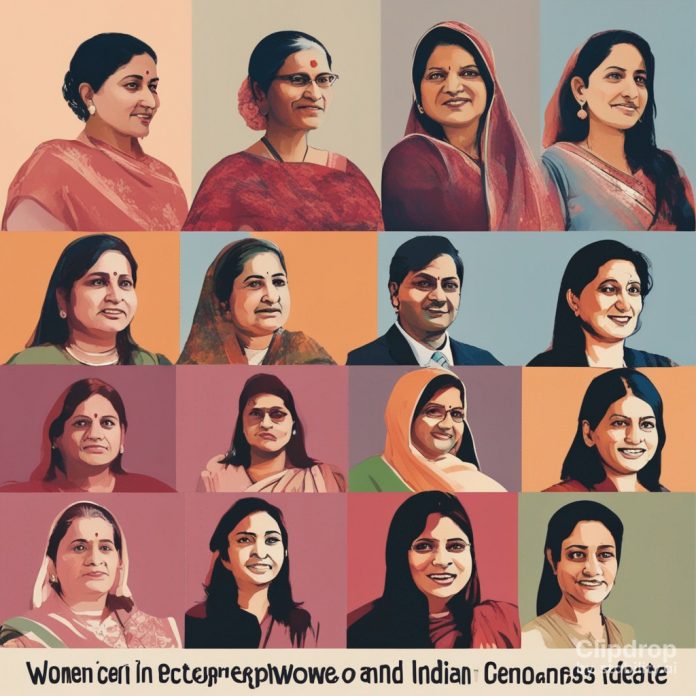Introduction
Indian politics, like in many parts of the world, has been traditionally dominated by men. However, over the past few decades, there has been a significant and noteworthy shift as women have begun to assert their presence and influence in the political landscape. This transformation is not only about representation but also about the empowerment of women candidates who bring diverse perspectives and agendas to the table. In this blog, we delve into the evolving role of women in Indian politics and the importance of empowering women candidates to create a more inclusive and representative democracy.
Historical Context
India’s political journey has witnessed remarkable moments in women’s participation. The Indian National Movement saw the emergence of stalwarts like Sarojini Naidu, Annie Besant, and Kasturba Gandhi, who played pivotal roles in advocating for India’s independence. The post-independence era brought constitutional equality, ensuring women’s right to vote and participate in politics. Despite these milestones, women’s representation remained relatively low for several decades due to societal barriers and gender biases.
Changing Dynamics
In recent years, the dynamics have started to shift. The rise of women leaders like Indira Gandhi, who became the first female Prime Minister of India, and subsequent women leaders across various states, marked a turning point. The 73rd and 74th Amendments to the Constitution in 1992 paved the way for greater representation of women in local governance through Panchayati Raj institutions. This move aimed to strengthen grassroots democracy and encourage women to participate actively in decision-making.
Empowerment through Reservation
One of the most significant steps toward empowering women in Indian politics has been the implementation of reservations for women in local bodies. This proactive measure has proven successful in enhancing women’s participation and leadership in politics. By reserving a certain percentage of seats for women, more female candidates have been able to contest elections and bring their perspectives to governance. This empowerment at the local level has also acted as a stepping stone for women to enter state and national politics.
Breaking Stereotypes
The presence of women in Indian politics has shattered stereotypes and challenged societal norms. Women leaders are tackling a range of issues, from education and healthcare to gender equality and women’s rights. Their unique viewpoints and experiences often lead to innovative policy solutions that address the needs of a diverse population. As more women enter politics, the narrative is shifting from token representation to substantive contribution.
Inspiring the Next Generation
The impact of women in Indian politics goes beyond legislation and policies. Their presence serves as an inspiration for young girls across the country, proving that they too can aspire to hold positions of power and influence. When women see fellow women leaders breaking barriers, it encourages them to dream big and pursue leadership roles, not only in politics but also in various other fields.
Challenges and the Way Forward
While progress has been made, challenges persist. Women in politics still face gender bias, unequal access to resources, and sometimes even violence. To truly empower women candidates, there is a need for comprehensive efforts, including gender sensitization, skill-building, and creating support networks. Political parties should actively promote women’s participation within their ranks and encourage women to contest elections.
Conclusion
The role of women in Indian politics is undergoing a significant transformation. Empowering women candidates is not just about numbers but about creating a more diverse, inclusive, and representative political landscape. As women leaders continue to contribute their unique perspectives and address a wide array of issues, India’s democracy becomes stronger and more responsive to the needs of all its citizens. By further dismantling barriers and promoting gender equality in politics, India can truly harness the potential of its entire population and pave the way for a brighter and more equitable future.

